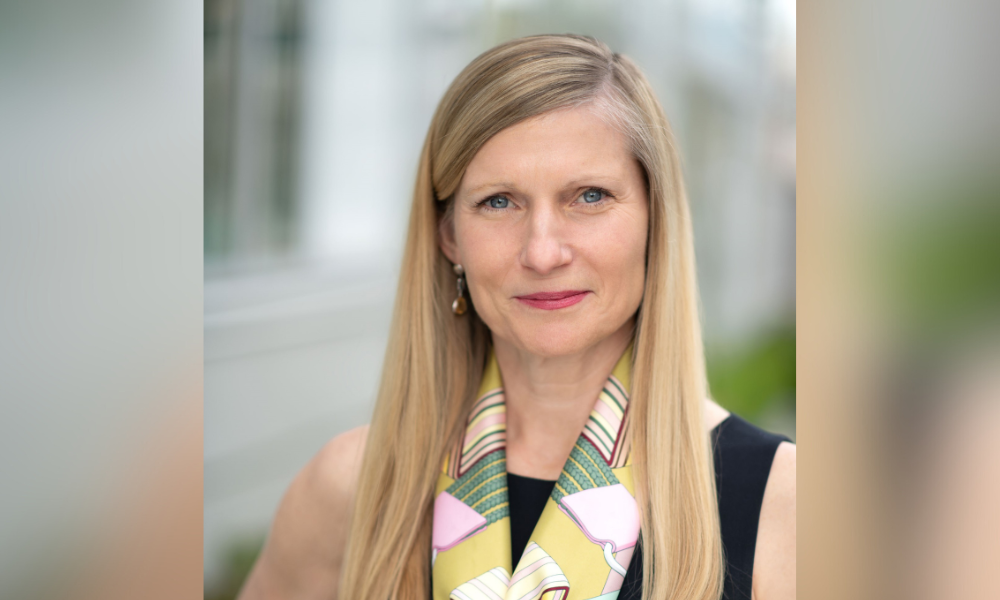'When you know a better way that could help others, you want everyone to know about it'

An award-winning portfolio manager believes the way she incorporates behavioural finance into everything she does is what sets her apart in this competitive field.
“It’s a relatively new area of research, but I think it behooves us to implement strategies to help people not make the common judgment errors that result in poor financial decisions,” Coreen Sol, a B.C.-based chartered financial analyst and senior portfolio manager with CIBC Private Wealth-Wood Gundy, told Wealth Professional.
“It’s fascinating to me how common these errors are and being able to help people not only discover what their underlying values are, but also implement it as an investment professional, is relatively new. So, if you think about the developments in behavioural finance and understanding of how we can impact financial decisions, this is the cutting edge stuff.”
Sol, who’s been managing money for 30 years, recently won The Avenue Living Award for Portfolio/Discretionary Manager of the Year. She also published the book, Unbiased Investor: Reduce Financial Stress and Keep More of Your Money with Wiley last November.
“It’s really a practical strategy to help people understand the inner workings of how psychology really does play a big role in your success,” said Sol. “For instance, and this is really important for practitioners, too, there’s a common misconception that we think risk tolerance is relatively stable when, in fact, it’s more closely linked to what happened to you last year.
“These kinds of things that we’ve been traditionally thinking about with money and with investing are outdated in many ways. I’ve made it a practice to build these habits and strategies to reduce the impact of bias, not only for my clients where I’m helping them understand how to build wealth based on some principles and habits that they can incorporate, but also in my entire practice.
“So, portfolio management, for me, is really a mechanical process. As for our results, beating the market is never easy, but we have consistently beat it – and I believe that is directly because of implementing these habits and strategies in my practice.”
Sol reduces bias by basing all of her investment decisions on quantitative models, so “the process is very repeatable, very predictable, and much more reliable” since it does not include her opinions. She said that means her portfolios don’t look like an index because they’re based on the quantitative analysis of the underlying securities. But, she noted that it’s also important to write down her investment strategies and why she bought or sold certain items, so she can reflect on those in the future so she doesn’t revert to any personal bias or favouritism for any company.
Sol, who describes herself as an educator, likes to share how she’s developed these strategies and how she runs her business with them. She’s speaking about her strategies and how professionals can implement them in their practices at the Financial Planning Canada week in November. That will allow her to support other professionals who want to integrate behavioural finance in their practice to increase the reliability of decisions, especially if they’ve read her more investor-oriented book.
She said one of the ways to reduce the impact of bias in financial decisions is to make fewer, and better, decisions. That means understanding clients’ goals and values, and then leaving long-term investments and not touching them.
“Every time you stick your fingers in the pie, you have another opportunity to mess things up,” she said, noting that she has an eight-step process that she follows, which is available on her website, and she follows when developing, or rebalancing, portfolios. “I rely on my process. I know it’s going to always keep me within the guardrails, which completely changes the game.”
Sol now plans to develop a series of 24 videos over the next year to help educate both advisors and the investing public.
“I hope it’s helpful,” she said. “When you know a better way to do it that could help others, you want everyone to know about it.”



